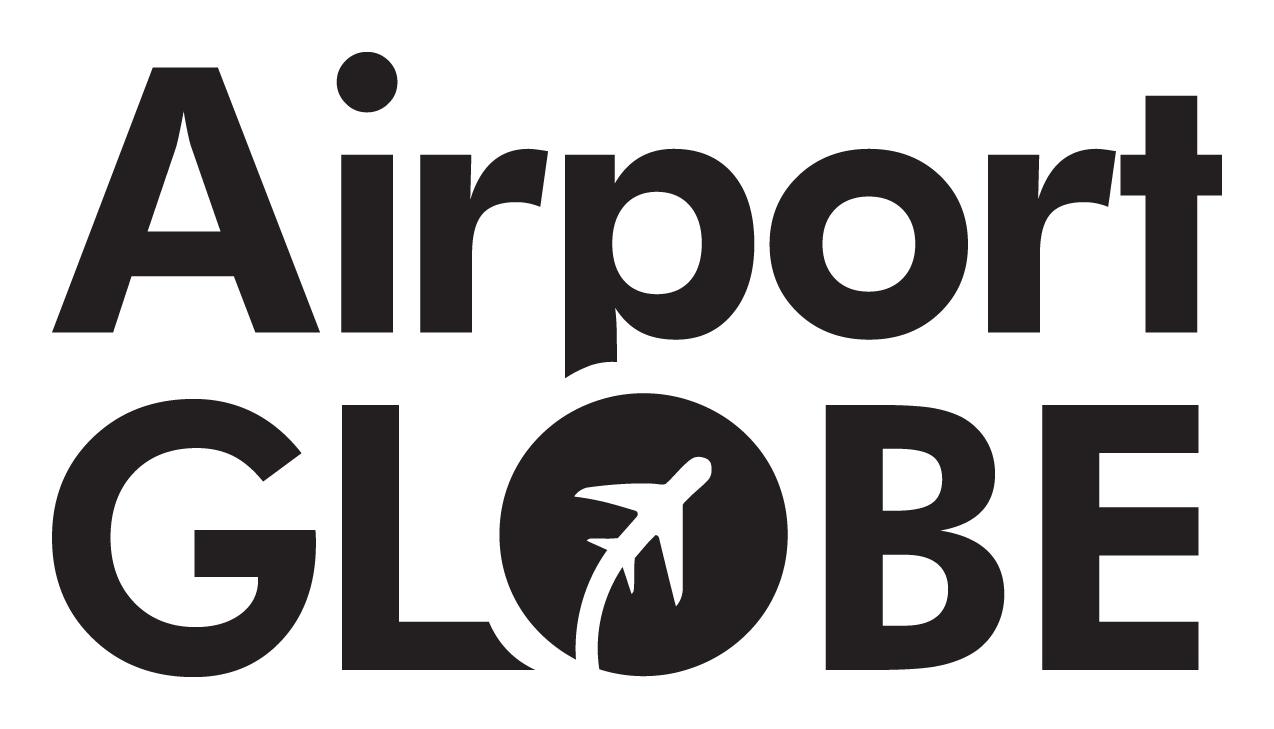Home ›
The History of Charlotte
Charlotte, North Carolina, often referred to as the “Queen City,” has a rich history that dates back to its founding in 1768. Named in honor of Queen Charlotte of Mecklenburg-Strelitz, wife of King George III of England, the city quickly became a hub of activity due to its strategic location. During the American Revolutionary War, Charlotte played a significant role as a center of resistance against British forces, famously earning the nickname “The Hornet’s Nest” from British General Cornwallis due to the fierce opposition he encountered there. The discovery of gold in the nearby area in 1799 marked the beginning of the first gold rush in the United States, establishing Charlotte as a financial center. Over the years, the city continued to grow, bolstered by its thriving textile industry and later, the banking sector. Today, Charlotte is recognized as one of the leading financial cities in the U.S., home to the headquarters of major banks and financial institutions.
The Charlotte of Today
Charlotte is a vibrant city that blends southern charm with modern innovation. Known for its impressive skyline, the city offers a plethora of cultural sites and attractions that appeal to visitors and residents alike. The city is home to the NASCAR Hall of Fame, a must-visit for racing enthusiasts, and the Levine Museum of the New South, which provides a deep dive into post-Civil War Southern history. Art lovers can explore the Mint Museum and the Bechtler Museum of Modern Art, while sports fans can catch a game with the Carolina Panthers or Charlotte Hornets. The culinary scene in Charlotte is diverse and exciting, with options ranging from traditional Southern cuisine to international flavors. For those seeking entertainment, the city boasts a lively nightlife with numerous bars, live music venues, and theaters. There are countless things to do in Charlotte, making it an enticing destination for travelers looking to experience a dynamic city with a rich cultural tapestry.
The Transportation Options in Charlotte
Charlotte offers a variety of transportation options to help residents and visitors navigate the city. The city’s public transit system, operated by the Charlotte Area Transit System (CATS), includes buses and a light rail service known as the LYNX Blue Line, which provides convenient access to key areas of the city. For those preferring to drive, Charlotte’s extensive network of highways and roads makes car travel a popular choice. Visitors can also take advantage of Charlotte car rentals to explore the city and its surroundings at their own pace. Taxis and ride-sharing services like Uber and Lyft are readily available for quick and easy transportation. Additionally, the city is becoming increasingly bike-friendly, with dedicated bike lanes and trails for those who prefer cycling as their mode of transit.
The Charlotte Airports
Charlotte is primarily served by the Charlotte Douglas International Airport (CLT), one of the busiest airports in the United States. Located just 6 miles from downtown Charlotte, CLT handles both domestic and international flights, making it a major hub for travelers. The airport is known for its efficiency and wide range of amenities, including numerous dining and shopping options. It serves as a key connector for flights across the U.S. and to various international destinations, ensuring that travelers have convenient access to and from the city. With its strategic location and comprehensive services, Charlotte Douglas International Airport plays a crucial role in the city’s connectivity and accessibility.
Accommodation in Charlotte
Charlotte offers a wide range of accommodation options to suit all preferences and budgets. From luxurious hotels in the heart of downtown to charming bed and breakfasts in quieter neighborhoods, visitors will find plenty of choices. Charlotte hotels cater to both business and leisure travelers, providing amenities such as conference facilities, fitness centers, and fine dining restaurants. For budget-conscious travelers, there are numerous affordable hotels and motels throughout the city. Booking in advance can often yield better rates, especially during peak travel seasons or major events.
